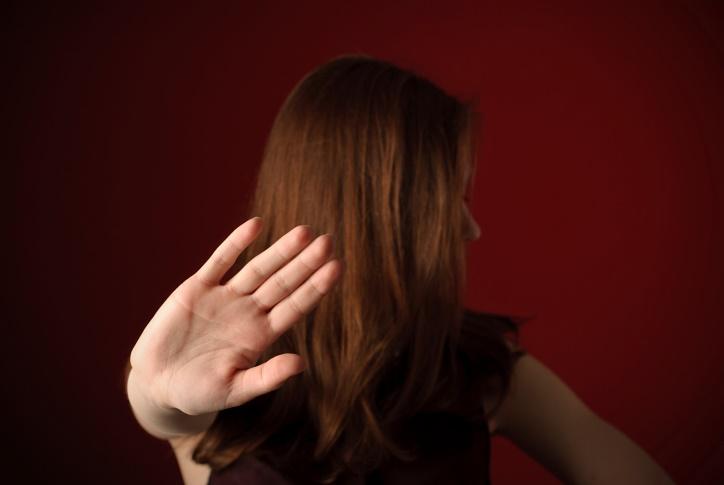
“You’re not really talking about your trip at all . . . is there a reason? Why aren’t you discussing Asia? It sounds exciting.”
These were the words of my dinner companion, a person I’d networked with but had just met for the first time. A former journalist, he thought he was onto something, something fishy about my previously established nine-month backpacking trip to Southeast Asia that I was, apparently, notably silent on.
“I just assume no one actually wants to hear about it. It’s kind for people to feign interest, but on some level I assume the interest isn’t real, which I’m fine with. So I don’t delve. Do you actually want to hear the details of the trip?” I quipped.
We finished dinner with me not so much as espousing, say, my favorite country from the journey, which I’ve found to be one of the commonest questions about my trip.
I guess he didn’t really care.
And I guess I wasn’t surprised—or, for that matter, embittered. I am, however, validated in my reticence by a recent Psychological Science study, "The Unforeseen Costs of Extraordinary Experience," which purports to have unearthed the social cost of unusual experiences (or, as New York Magazine delicately puts it: "Scientific Proof That No One Cares About Your Awesome Vacation"). The authors wrote:
“Extraordinary experiences are both different from and better than the experiences that most other people have and being both alien and enviable is an unlikely recipe for popularity.”
They tested this by breaking up 68 university participants into groups of four, sending three members from each group to watch a boring video of a cartoon. The fourth group member was shown a much cooler video of a street magician. All of the participants were informed whether they got to see the super awesome video—or the one that was lame as hell.
Post-viewing, the group was reunited and prompted to discuss their experiences. After five minutes of chatting, the researchers asked two questions, to be answered on a 100 point scale from “excluded” to “included”: “How do you feel right now?” and “How did you feel during the interaction that took place?”
As it shook out, the people who watched the awesome or "extraordinary" video felt worse than those subjected to the low-budget, shitty cartoon, or the "ordinary" video—and felt more excluded by an average of 30 points.
But this was in contrast to how participants predicted they would feel, per a survey they were asked to fill out pre-conversation:
“Participants expected an extraordinary experience to leave them feeling better than an ordinary experience at all points in time.”
Welp. Not so much, apparently.
Gus Cooney, the Harvard researcher leading the study, told The Atlantic:
“Conversations thrive on ordinary topics. The guy who had the extraordinary experience had a harder time fitting in.”
The Atlantic article goes on to note that this could be seen not as a criticism of adventures, but “as a defense of celebrating the mundane.”
Or there's Cooney sharp conclusion in a press release on the study:
“If an experience turns you into someone who has nothing in common with others, then no matter how good it was, it won’t make you happy in the long run.”
Either way, this is why my dinner discussion was chiefly comprised of us reminiscing about our shared alma mater—rather than me sharing the story of that time I got bed bugs in Burma. Which was, it turns out, a pretty extraordinary experience.






